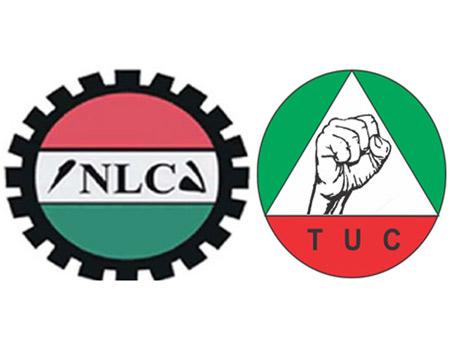In a recent statement, Trade Union Congress (TUC) President Festus Osifo indicated that the labour unions are open to adjusting their demand for a N250,000 minimum wage.
This marks a shift from their previously firm stance. Osifo emphasized that no specific figure is fixed, and there is room for negotiation.
Despite this flexibility, there has been no immediate response from the federal government. However, the Senate has promised to expedite the consideration and passage of President Bola Tinubu’s new minimum wage bill. Acting President of the Nigeria Labour Congress (NLC), Prince Adewale Adeyanju, reiterated last Wednesday that the demand for N250,000 is a significant concession from Nigerian workers and remains unchanged until compelling reasons are provided.
Osifo, in an earlier reaction to the federal government’s agreement with the Organised Private Sector (OPS) on a N62,000 minimum wage, argued that the harsh economic conditions justified the N250,000 demand. Nonetheless, he clarified on Channels Television’s “The Morning Brief” that figures are negotiable.
The TUC President highlighted that the recent industrial action was partly due to the government’s refusal to increase the proposed N60,000 by even a minimal amount. Osifo stated that labour’s efforts would continue until the Minimum Wage Act 2024 is enacted.
President Tinubu is expected to submit an executive bill to the National Assembly soon. Osifo noted that while labour will not preempt the President, they will advocate for a higher figure than the one proposed by the government and OPS. If the President’s proposed figure is unsatisfactory, Labour plans to lobby the National Assembly for adjustments.
The FG and OPS recently agreed to a N62,000 minimum wage, slightly higher than the previously rejected N60,000. However, many state and local governments have expressed their inability to meet even this amount. The National President of the Association of Local Government of Nigeria (ALGON), Aminu Muazu-Maifata, confirmed that some local governments still struggle to pay the current N30,000 minimum wage set in 2019.
Yemi Adaramodu, Chairman of the Senate Committee on Media and Public Affairs, assured that the Senate would swiftly pass the new minimum wage bill once submitted, ensuring it undergoes standard legislative processes. He expressed confidence that all negotiating parties would eventually agree on a figure.
As the legislative and negotiation processes continue, the outcome remains uncertain, with labour unions prepared to persist in their advocacy for a fair minimum wage for Nigerian workers.



